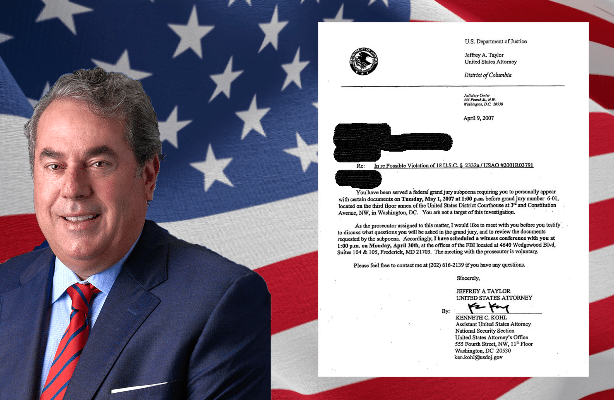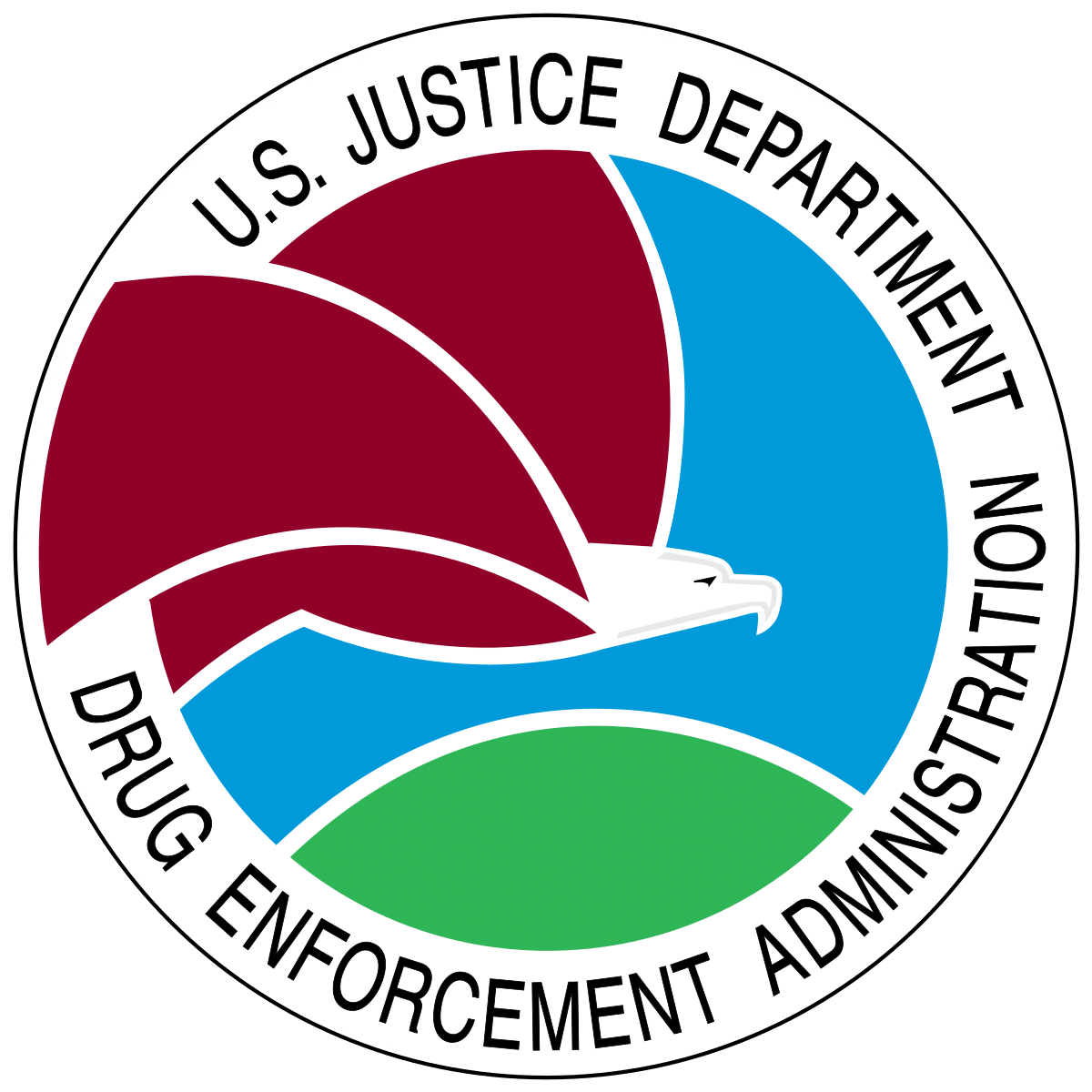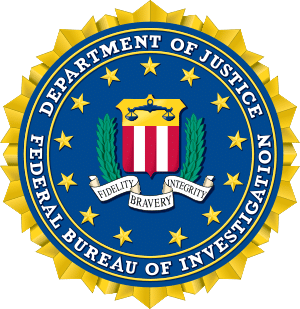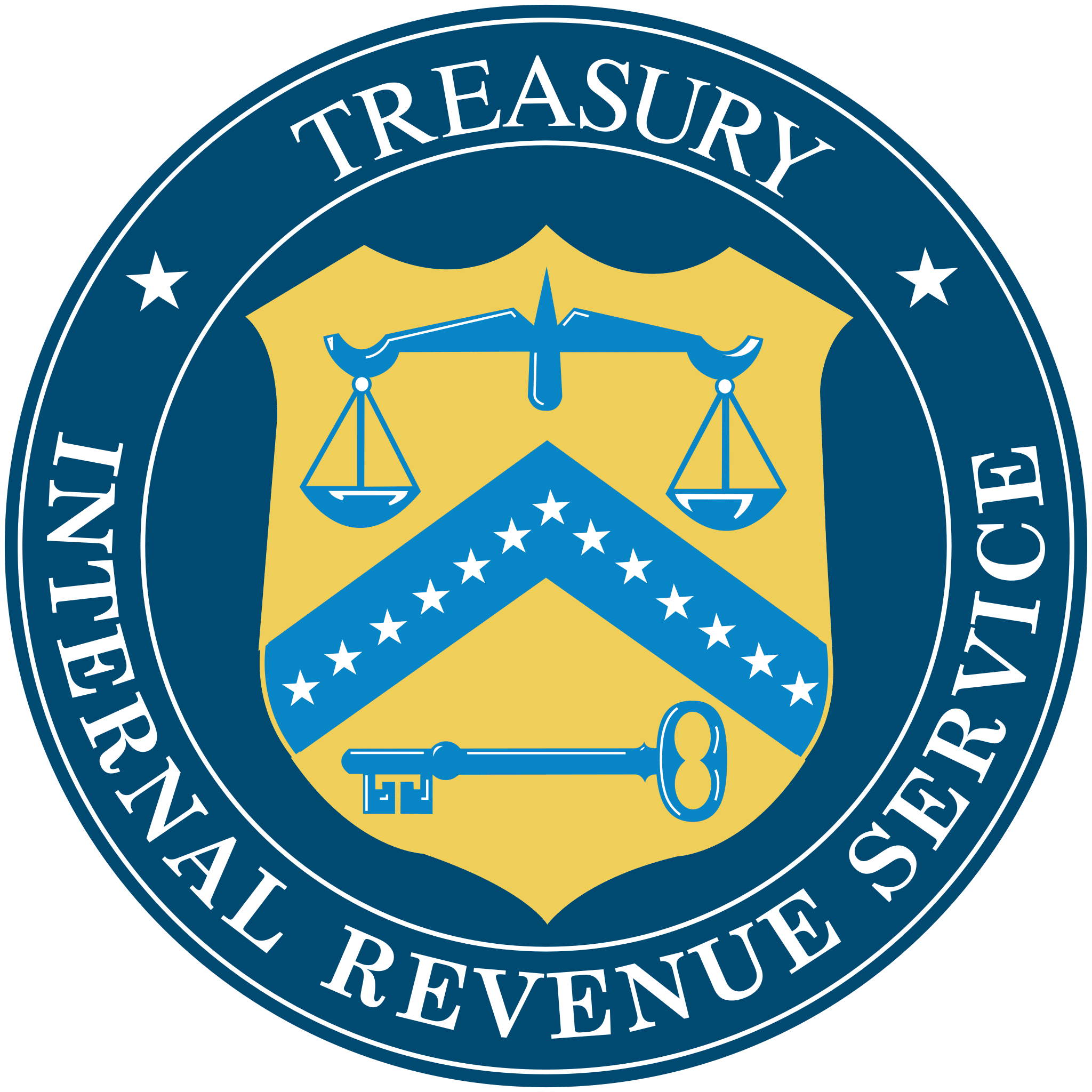Texas Federal Investigation Defense Attorney
Heath Hyde – Trusted Federal Investigation Defense Lawyer in Texas
Your Freedom Is Our Profession
EXPERIENCED & PROVEN
FEDERAL AND STATE CRIMINAL DEFENSE ATTORNEY
Protecting Your Rights: Unveiling the Expertise of Texas Federal Investigation Defense Attorney, Heath Hyde
Introducing, Heath Hyde, Texas Federal Investigation Defense Attorney, who is committed to protecting your rights. With his expertise in federal investigations, Heath Hyde is the trusted advocate you need by your side when facing serious legal challenges.
As a skilled defense attorney, Heath Hyde understands the complexities of the federal legal system and will work tirelessly to ensure your rights are safeguarded. Whether you are facing charges related to white-collar crimes, drug offenses, or any other federal violations, Heath Hyde possesses the knowledge and experience to navigate through the intricacies of your case.
With a track record of success, Heath Hyde has built a reputation for his relentless commitment to his clients. He will carefully analyze the details of your situation, develop a strategic defense plan, and aggressively fight for the best possible outcome on your behalf. Throughout the legal process, he will guide you, provide honest counsel, and vigorously protect your rights.
Don’t leave your legal future to chance. Contact Heath Hyde today and put his expertise to work for you. Rest assured knowing that you have a skilled and dedicated defense attorney in your corner, advocating for your rights every step of the way.
He has tried over 400 State & Federal Jury Trials and enjoys a 90% success rate.

HAVE YOU RECEIVED A FEDERAL TARGET LETTER?
A federal target letter is a formal notification from federal law enforcement agencies informing an individual that they are the subject or target of a federal criminal investigation. This letter is often sent after an extensive investigation has taken place, and it indicates that the authorities believe there is sufficient evidence to proceed with charges.
Types Of Federal Investigations We Can Help You With
ATF Investigation
Protecting Your Rights: Unveiling the Role of a Bureau of Alcohol, Tobacco, Firearms and Explosives Investigation Defense Attorney

DEA Investigation
Protecting Your Rights: The Role of a Skilled Drug Enforcement Administration Investigation Defense Attorney
DOJ Investigation
Unveiling the Secrets: How DOJ Investigation Defense Attorney Heath Hyde Can Help You Safeguard Your Rights

EPA Investigation
Protecting the Environment: Unveiling the Role of a Defense Attorney in EPA Investigations

FBI Investigation
Unveiling the Legal Strategies: How FBI Investigation Defense Attorney Heath Hyde Protects Your Rights

Fish And Wildlife Investigation
Protecting Your Rights: Unveiling the Fish and Wildlife Service Investigation Defense with Attorney Heath Hyde

HHS Investigation
Navigating the Complexities: How a Health and Human Services Investigation Defense Attorney Like Heath Hyde Can Protect Your Interests

HSI Investigation
Unveiling the Expertise of HSI Investigation Defense Attorney Heath Hyde: Your Best Defense Against Government Allegations

IRS Criminal Investigation
Protecting Your Rights: Unveiling the Expertise of IRS Criminal Investigation Defense Attorney Heath Hyde

US Secret Service Investigation
Unraveling the Intricacies: A Closer Look at U.S. Secret Service Investigation Defense with Attorney Heath Hyde

USDA Investigation
Protecting Your Business: The Vital Role of a USDA Investigation Defense Attorney - Meet Heath Hyde
USPIS Investigation
Defending Your Rights: Meet Heath Hyde, the Top U.S. Postal Inspection Service Investigation Defense Attorney
Understanding Federal Investigations and the Need for a Defense Attorney
Federal investigations are complex legal processes that require the assistance of a knowledgeable defense attorney. When facing federal charges, the stakes are high, and the potential consequences can be severe. It is crucial to have an attorney who specializes in federal investigation defense to protect your rights and ensure a fair trial.
In federal investigations, law enforcement agencies such as the Federal Bureau of Investigation (FBI), Drug Enforcement Administration (DEA), and Internal Revenue Service (IRS) are involved. These agencies have extensive resources and experience in building cases against individuals suspected of federal offenses. Without expert legal representation, navigating through the intricacies of the federal legal system can be overwhelming and daunting.
A defense attorney specializing in federal investigations, like Heath Hyde, can level the playing field and provide you with the best possible defense. They have a deep understanding of federal laws and regulations, as well as the tactics employed by law enforcement agencies during investigations. By working with a defense attorney, you gain access to their expertise and strategic approach to protect your rights throughout the legal process.
The Expertise of Heath Hyde in Federal Investigation Defense
Heath Hyde is a highly skilled defense attorney with a wealth of experience in federal investigation defense. His expertise and dedication to his clients have earned him a reputation as one of the top defense attorneys in Texas. With a track record of success, Heath Hyde has successfully defended clients facing a wide range of federal charges, including white-collar crimes, drug offenses, and more.
Heath Hyde’s approach to federal investigation defense revolves around meticulous analysis and strategic planning. He understands that each case is unique and requires a tailored defense strategy. By thoroughly examining the evidence, interviewing witnesses, and leveraging his extensive knowledge of federal laws, he builds a strong defense that challenges the prosecution’s case.
Heath Hyde’s expertise goes beyond legal knowledge. He is a skilled negotiator and litigator, capable of effectively advocating for his clients both in and out of the courtroom. Whether it involves negotiating plea deals or presenting a compelling defense before a judge and jury, Heath Hyde’s courtroom experience and persuasive skills are invaluable assets in protecting his clients’ rights.
Federal Felony Sentencing Groups
| Federal Felony Category | Maximum Punishment | Examples |
|---|---|---|
| Class A | Life imprisonment or death in certain cases | Murder, treason, espionage or mass trafficking of drugs |
| Class B | 25 years or more | Aggravated assault, Some drug offenses, such as possession with intent to distribute, Manslaughter, Robbery, Fraud or embezzlement, Kidnapping, First-degree sexual abuse, or First-degree burglary |
| Class C | Less than 25 years but 10 or more years | Drug trafficking crimes (depending on the amount of drugs) and certain firearm offenses |
| Class D | Less than 10 years but 5 or more years | Mail fraud, identity theft, and tax evasion, false documentation required to vote, unlawful abortion, driving while license is revoked |
| Class E | Less than 5 years but more than 1 year | DWI, unlawful practice of law, attempted crimes |
Successful Case Studies and Testimonials of Heath Hyde
Heath Hyde’s success in federal investigation defense is evident through numerous case studies and testimonials. One notable case involved a client accused of involvement in a large-scale drug trafficking operation. The prosecution presented substantial evidence against the client, including wiretapped conversations and surveillance footage. However, Heath Hyde meticulously reviewed the evidence, identified flaws in the prosecution’s case, and successfully argued for the exclusion of crucial evidence, ultimately leading to the dismissal of the charges.
Testimonials from satisfied clients further highlight Heath Hyde’s expertise and dedication. One client, who faced federal charges related to securities fraud, praised Heath Hyde’s ability to uncover crucial evidence that proved their innocence. Another client, charged with money laundering, commended Heath Hyde’s strategic defense approach, which resulted in a favorable plea agreement.
These case studies and testimonials demonstrate Heath Hyde’s commitment to achieving the best possible outcome for his clients. Through his expertise and relentless advocacy, he has consistently protected the rights of individuals facing federal charges.
The Importance of Hiring an Experienced Defense Attorney
When facing federal charges, hiring an experienced defense attorney is of utmost importance. The federal legal system is complex and unforgiving, and attempting to navigate it without expert guidance can have dire consequences. An experienced defense attorney, like Heath Hyde, can provide the necessary knowledge, skill, and strategic approach to safeguard your rights and mount a strong defense.
Federal charges carry severe penalties, including lengthy prison sentences, hefty fines, and a tarnished reputation. Without a knowledgeable defense attorney, you may be at a significant disadvantage when dealing with well-equipped law enforcement agencies and aggressive prosecutors. An experienced defense attorney understands the intricacies of the federal legal system, can identify weaknesses in the prosecution’s case, and will fight tirelessly to protect your rights and secure the best possible outcome for you.
Furthermore, an experienced defense attorney has established relationships within the legal community, which can be advantageous in negotiating plea agreements or presenting a compelling defense. They have a deep understanding of the strategies employed by prosecutors and can counter them effectively. By hiring an experienced defense attorney like Heath Hyde, you ensure that you have a skilled advocate in your corner, working tirelessly to protect your rights and achieve the best possible outcome.
The Process of Building a Strong Defense Strategy with Heath Hyde
Building a strong defense strategy is a meticulous process that requires careful analysis, attention to detail, and a deep understanding of federal laws. Heath Hyde follows a systematic approach to develop a strong defense strategy tailored to the unique circumstances of each case.
The first step in building a defense strategy is a comprehensive analysis of the evidence against you. Heath Hyde will meticulously review all available evidence, including witness statements, documents, surveillance footage, and any other relevant information. This analysis allows him to identify weaknesses or inconsistencies in the prosecution’s case and develop a strategy to challenge the evidence.
After analyzing the evidence, Heath Hyde will conduct thorough interviews with witnesses and potential experts. These interviews help gather additional information and insights that can strengthen your defense. Heath Hyde’s extensive experience in federal investigation defense allows him to ask the right questions and uncover crucial details that may have been overlooked by the prosecution.
Once all necessary information has been gathered, Heath Hyde will develop a strategic defense plan. This plan may involve challenging the admissibility of certain evidence, presenting alternative explanations or theories, or negotiating with the prosecution for a favorable plea agreement. Throughout the process, Heath Hyde will provide honest counsel, keeping you informed of the potential risks and benefits of each strategy.

Heath Hyde's Approach to Protecting Clients' Rights During Federal Investigations
Heath Hyde is committed to protecting his clients’ rights throughout the entire federal investigation process. From the moment you engage his services, he will work tirelessly to ensure that your rights are safeguarded and that you are treated fairly by law enforcement agencies and the prosecution.
During the investigation phase, Heath Hyde will closely monitor the actions of law enforcement agencies to ensure they are not violating your constitutional rights. He will scrutinize search warrants, arrest procedures, and the collection of evidence to identify any potential violations. If any rights violations are discovered, Heath Hyde will aggressively challenge the admissibility of evidence obtained through illegal means.
Once charges are filed, Heath Hyde will tirelessly advocate for your rights during court proceedings. He will challenge the prosecution’s case, present a compelling defense, and ensure that your rights are protected at all times. Whether it involves cross-examining witnesses, presenting expert testimony, or negotiating with the prosecution, Heath Hyde’s approach is focused on securing the best possible outcome for you.
Heath Hyde understands the emotional and personal toll that federal investigations can have on individuals and their families. He provides compassionate support, guiding you through the process, addressing your concerns, and providing honest counsel. With Heath Hyde as your defense attorney, you can rest assured knowing that your rights are being fiercely protected every step of the way.
Services Offered by Heath Hyde as a Federal Investigation Defense Attorney
Heath Hyde offers a comprehensive range of services as a federal investigation defense attorney. His expertise covers a wide range of federal offenses, including but not limited to:
- White-collar crimes: Heath Hyde has successfully defended clients facing charges of fraud, embezzlement, insider trading, and other white-collar offenses. He understands the complexities of these cases and employs a meticulous approach to protect his clients’ rights.
- Drug offenses: If you are facing charges related to drug trafficking, drug manufacturing, or drug distribution, Heath Hyde’s expertise in federal drug offense defense is invaluable. He will challenge the prosecution’s case, review search and seizure procedures, and explore potential defenses to secure the best possible outcome.
- Money laundering: Heath Hyde has a deep understanding of federal money laundering laws and regulations. He will analyze the evidence against you, challenge the prosecution’s case, and develop a strategic defense strategy to protect your rights and achieve the best possible outcome.
- Cybercrimes: With the rise of digital technologies, cybercrimes have become more prevalent. Heath Hyde is well-versed in federal cybercrime laws and will diligently defend clients facing charges related to hacking, identity theft, or other cyber offenses.
These are just a few examples of the services offered by Heath Hyde as a federal investigation defense attorney. His expertise, dedication, and strategic approach make him the ideal advocate for anyone facing federal charges.
Expertise of Texas Federal Investigation Defense Attorney, Heath Hyde
Navigating the complexities of federal investigations requires the expertise and guidance of an experienced defense attorney. Heath Hyde, Texas Federal Investigation Defense Attorney, is the trusted advocate you need by your side during this challenging time.
With a deep understanding of federal laws, relentless dedication to his clients, and a track record of success, Heath Hyde has earned a reputation as one of the top defense attorneys in Texas. He will tirelessly fight to protect your rights, develop a strategic defense plan, and ensure the best possible outcome for you.
Don’t leave your legal future to chance. Contact Heath Hyde today and put his expertise to work for you. With Heath Hyde as your defense attorney, you can have confidence knowing that your rights are being fiercely protected every step of the way.’t leave your legal future to chance. Contact Heath Hyde today and put his expertise to work for you. With Heath Hyde as your defense attorney, you can have confidence knowing that your rights are being fiercely protected every step of the way.
Types Of Federal Cases We Can Help You With
Financial Fraud -White Collar Crimes
Defending the Accused: Meet Heath Hyde, Top White Collar Crimes Defense Attorney in Texas
Health Care Fraud - Medicare/Medicaid
Protecting Your Rights: Unveiling the Expertise of Federal Health Care Fraud Defense Attorney Heath Hyde in Texas
Pharmaceutical Fraud
Protecting Your Future: Unveiling the Expertise of Texas Pharmaceutical Fraud Defense Attorney Heath Hyde
Cyber Crimes
Defending Your Cyber Future: Unraveling the Expertise of Texas Federal Cyber Crimes Defense Attorney Heath Hyde
Tax Fraud - IRS Crime
Protecting Your Rights: Unveiling the Expertise of Texas Federal Tax Fraud Defense Attorney Heath Hyde
Drug Possession - Trafficking
Defending Your Rights: Unveiling the Expertise of Texas Federal Narcotics Defense Attorney Heath Hyde
Kidnapping
Securing Justice: The Expertise of Texas Federal Kidnapping Defense Attorney, Heath Hyde
PPP Loan Fraud
Unveiling the Secrets: How Texas Federal PPP Loan Fraud Defense Attorney Heath Hyde Can Safeguard Your Business
EIDL Loan Fraud
Defending Against Federal EIDL Loan Fraud Charges in Texas: Meet Heath Hyde, the Trusted Defense Attorney
Federal Murder Case
Facing Federal Murder Charges in Texas? Put Your Trust in Attorney Heath Hyde's Unmatched Defense Skills
Sex Related Crimes
The Unwavering Defense: How Texas Federal Sex Crimes Defense Attorney Heath Hyde Protects Your Rights
Firearms Related Crimes
Defending Your Rights: Meet Texas Federal Fire Arms Defense Attorney, Heath Hyde
Top Rated
Named 100 Top Trial Lawyers in the United States & “Rising Star” in Dallas’s D Magazine
Results Focused
Tried The Largest Healthcare Fraud Case to go to trial in the United States
Experienced
10 Years Asst. DA & handled federal cases nationwide & represented clients in 53 different counties in Texas
Connected
Connected with a team of specialists that can handle any criminal issue throughout the country – no matter the size

